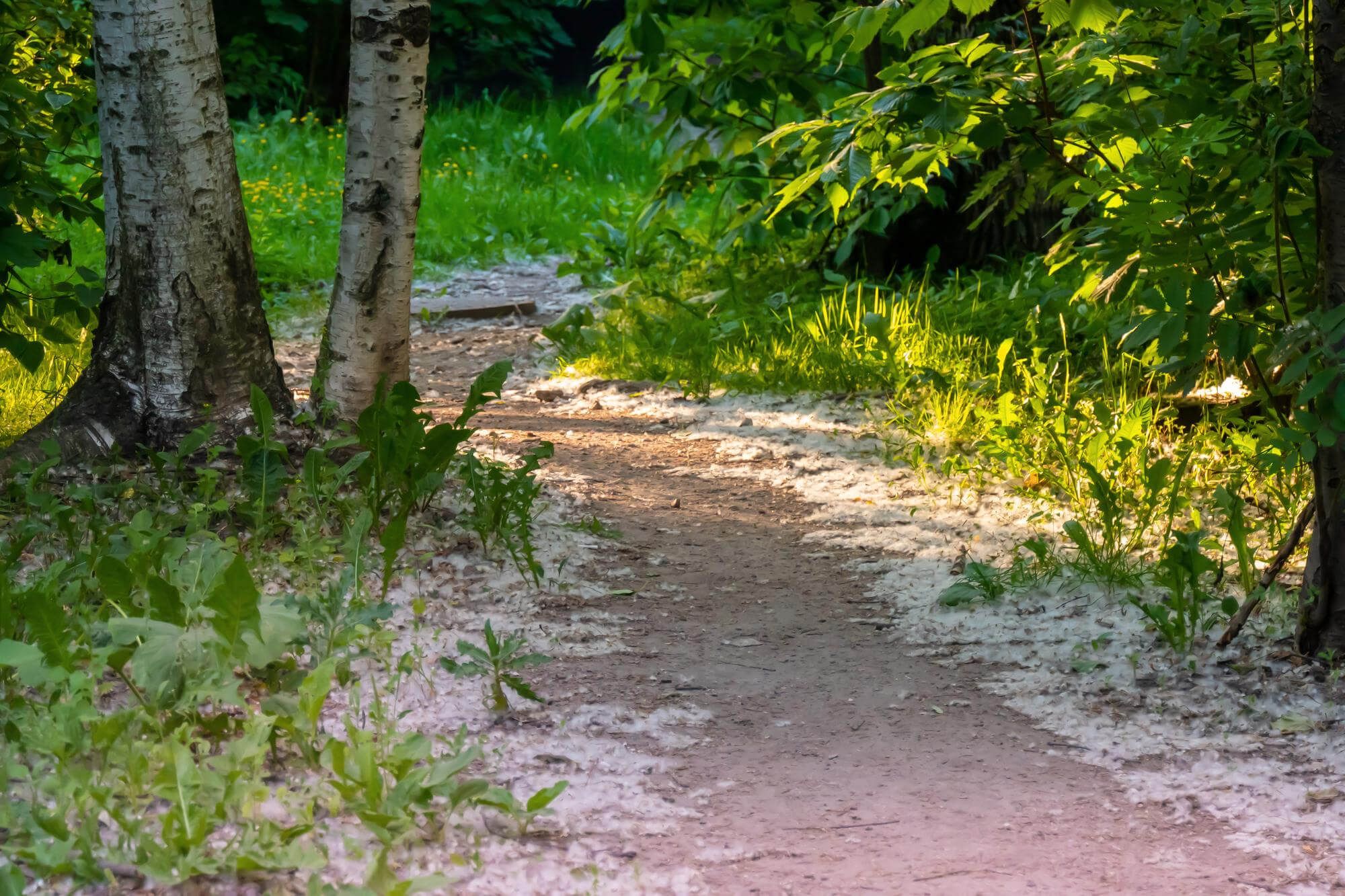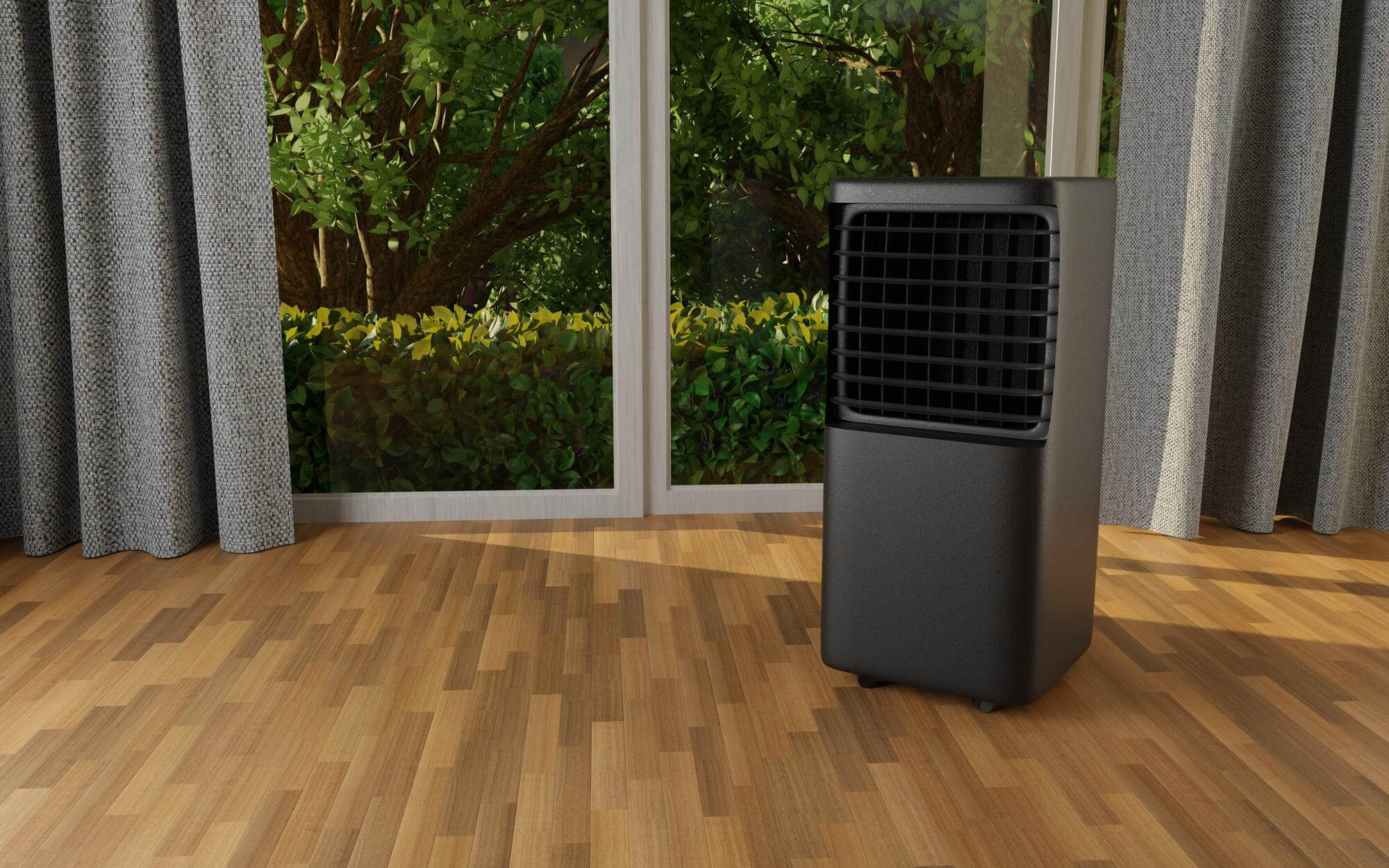How to diagnose and treat poplar down allergy


Viktor Levchenko
Allergy to poplar down: what is it?
Allergy to poplar down is a frequent type of allergy that arises from contact with poplar down. It is a reaction of the immune system, which mistakenly perceives down as a harmful substance, causing various symptoms in adults and children.
What is poplar down and how does it cause allergies
Poplar down is poplar seeds surrounded by light, soft fiber. During the flowering season, which is usually in the spring and summer, poplar down flies through the air and settles on surfaces. At the same time, the down may contain microscopic particles of pollen, which causes allergies to poplar down in some people.
Symptoms of allergy to poplar down: what you need to know
Symptoms of allergies to poplar down may include:
- Itching and red eyes;
- Runny nose and stuffy nose;
- Sneezing;
- Coughing and difficulty breathing;
- Skin rash and itching.
Diagnosis of allergy to poplar down: what tests to undergo

To diagnose allergy to poplar down, an allergist may prescribe:
- Blood tests for IgE class antibodies specific to poplar down;
- Skin tests, including application of poplar down extract to determine the reaction.
How to prevent allergies to poplar down: expert tips
To prevent allergies to poplar down, it is recommended:
- Avoid walking during the period of poplar blossoms;
- Use goggles and a mask when going outdoors;
- Close windows in the house, especially during flowering periods;
- Clean the house regularly;
- Humidify the air in the room.
Treatment of allergies to poplar down

Antihistamines such as cetirizine, loratadine, and fexofenadine are used to relieve the symptoms of poplar down allergy. They block the action of histamine, which causes allergy symptoms.
Glucocorticosteroid inhalers, such as beclomethasone and fluticasone, may be prescribed to relieve inflammation and reduce the symptoms of poplar down allergy, especially for difficulty breathing and coughing.
Alternative treatments for poplar down allergy
Homeopathic remedies such as Allium cepa and Euphrasia can be used to treat poplar down allergy. However, their effectiveness is considered controversial, and it is recommended that a physician be consulted prior to use.
Acupuncture can help relieve the symptoms of poplar down allergy in some patients. This method involves inserting thin needles into certain points on the body that can affect the immune system and relieve symptoms.
How to deal with poplar down allergy in the home

To clean your indoor air from poplar down, use:
- Air conditioners with HEPA filters that trap fine pollen and down particles;
- Air purifiers with HEPA filters and ultraviolet lights to kill allergens;
- Regular ventilation and humidifiers that reduce pollen and down concentrations in the air.
What foods to avoid in poplar down allergy
When allergic to poplar down, foods that can cause a cross-reaction should be avoided, such as:
- Nuts, especially walnuts;
- Honey, as it may contain pollen particles;
- Some fruits and vegetables, including apples, pears, celery and carrots.
In conclusion, allergy to poplar down is a common condition that causes many unpleasant symptoms in adults and children. It is important to see an allergist in a timely manner to diagnose and prescribe appropriate treatment. Following the recommendations on prevention and avoiding contact with the allergen will help reduce the likelihood of allergic reactions to poplar down and ensure that you feel comfortable during the poplar blossom season.
New materials
Popular Articles
We recommend reading
Contact us in the Contact Us section to ask questions, offer ideas, or for more information about our allergy resource.
Our articles are your trusted source of allergy knowledge. Learn how to make life with allergic reactions easier on our specialized portal.
©
Lechenie-Allergii.com. All rights reserved.
© Lechenie-Allergii.com. All rights reserved.
The information on this site is for informational purposes only and is not a substitute for professional medical advice. We recommend consulting with qualified medical professionals for accurate information and advice.
 English
English  Українська
Українська  Русский
Русский 









